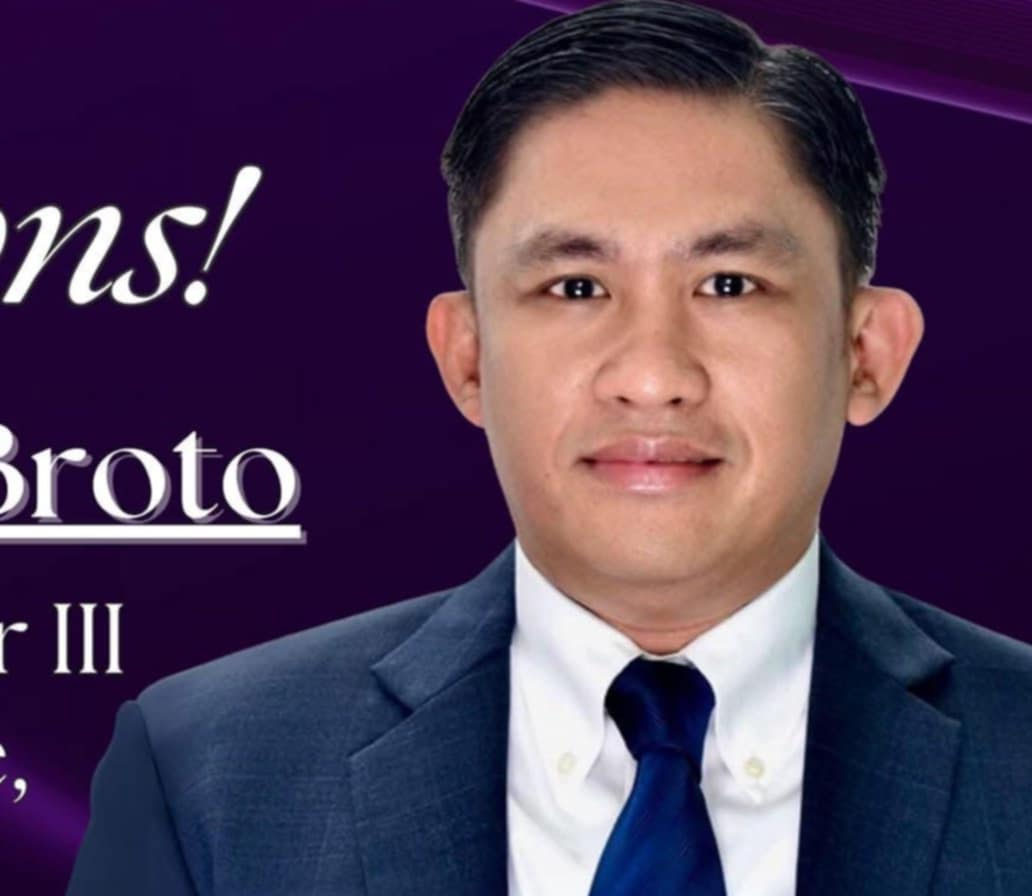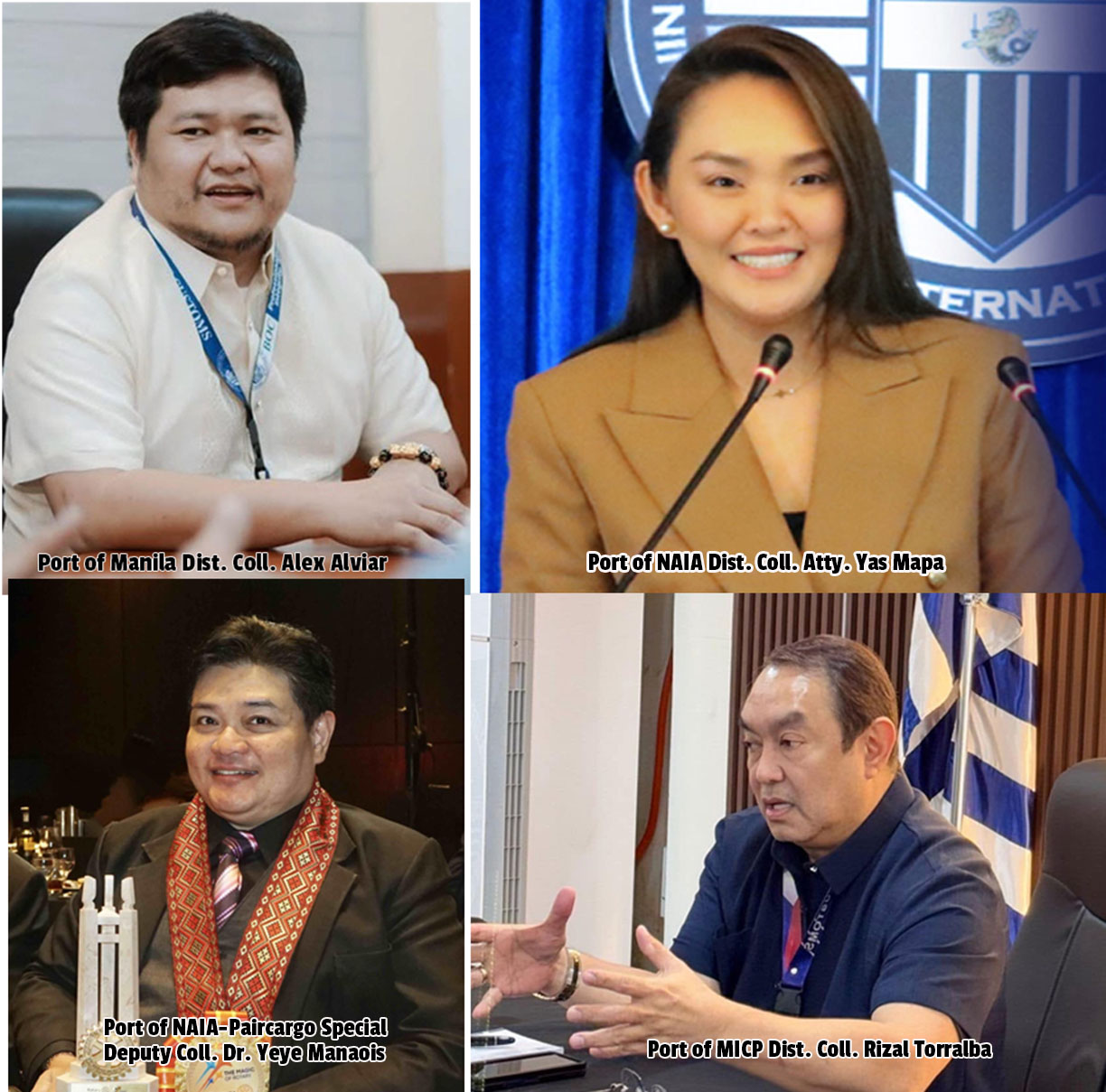
The testimonies of Police Lieutenant Colonel Santie Mendoza and former Corporal Nelson Mariano
during the 7th Quad Committee hearing revealed a disturbing web of fear, corruption, and terror that
perpetuated the Duterte administration. They testified that retired police chief Royina Garma and
national police commissioner Edilberto Leonardo orchestrated the assassination of retired police
general and former PCSO board secretary Atty. Wesley Barayuga in 2020.
According to their accounts, Garma and Leonardo, Mendoza’s upperclassmen at the PNP Academy,
ordered them to find a hitman to kill Barayuga. These officers were led to believe they were
participating in a legitimate anti-drug operation, with Leonardo and Garma falsely portraying Barayuga
as a figure who had ties with illegal drug operations. The reality, however, was far more sinister.
As Cong. Pimentel noted during the hearing, Barayuga was about to expose corruption within the
PCSO, implicating powerful individuals, including Garma, who served as PCSO’s General Manager at
the time. Barayuga had been prepared to testify – ready to expose the rot – but he was silenced before
the truth could be revealed.
Mendoza’s emotional opening statement at the hearing revealed the pressure and fear he endured.
He spoke of the threats from high-ranking figures who demanded he sign a fabricated affidavit
implicating other retired officers. And his regret was clear – he spoke about the heavy guilt he felt for
being involved in the murder of an innocent man. Mendoza even admitted he was confused from the
start – why on earth was a PCSO board secretary being targeted in an anti-drug operation? Garma
herself had the nerve to say Barayuga was a kind-hearted colleague she couldn’t imagine
anyone wanting to harm. What a hypocrite- she orchestrated the whole thing.
When interpellated by Cong. Luistro and Mendoza laid bare the reasons why they had no choice but
to follow orders. Not that it’s unclear – but it’s precisely because the instructions came from people
close to Duterte. Defying them meant risking not only his life but the lives of his family. This,
he said, was no secret within the police force. The names Leonardo and Garma were synonymous with
Duterte, and when they gave orders, resistance could mean death.
It all starts to make sense, doesn’t it? Why Garma, a former police officer with ten more years left in
her law enforcement career, suddenly stepped down to be General Manager of PCSO which was
already drowning in corruption scandals. This wasn’t just about career advancement. It’s clear now
that Duterte trusted Garma (perhaps too much that he made Garma her girlfriend) – not just with his
extrajudicial killings, but with his corrupt schemes within the PCSO. He knew she would do whatever
it took to protect those interests, even if it meant silencing whistleblowers like Barayuga. And she did
exactly that.
It’s terrifying how easily a life can be taken on the orders of powerful figures, without hesitation or
question. Barayuga’s assassination is a reminder of how deeply corruption perpetuated during
Duterte’s term. Four gunshots, a fabricated story, and a few words were all it took to end a life – and
bury the truth.
This is how Duterte and his circle ruled – through fear and terror. The “strongman” image that once
seemed appealing to many during his presidential campaign became a license to kill, with the war on
drugs as a cover to silence opposition. The worst part? It didn’t matter if the victims were
involved in drugs – their fate was decided by those in power.






